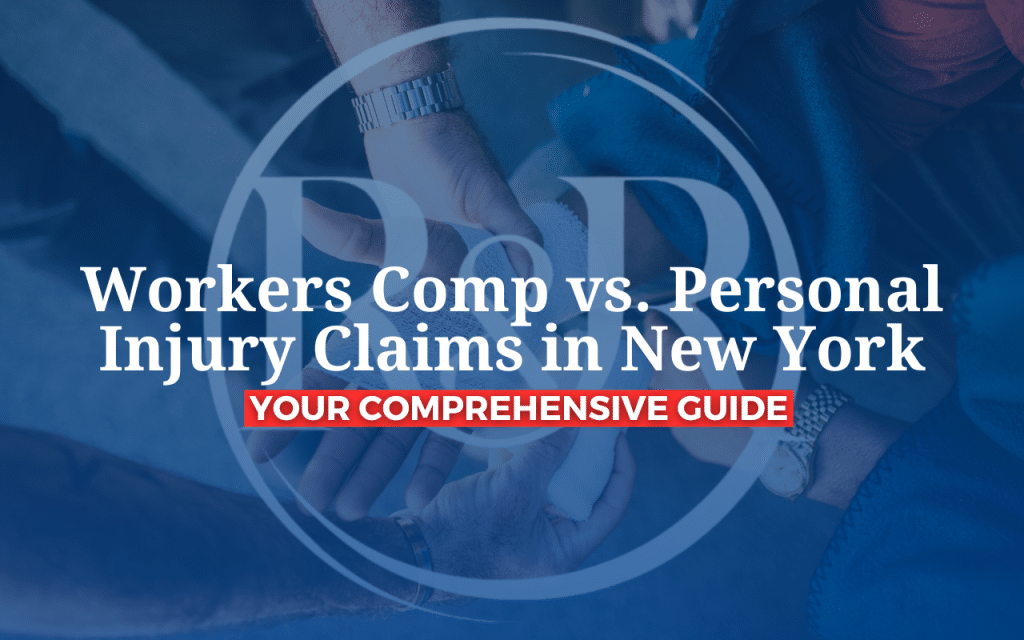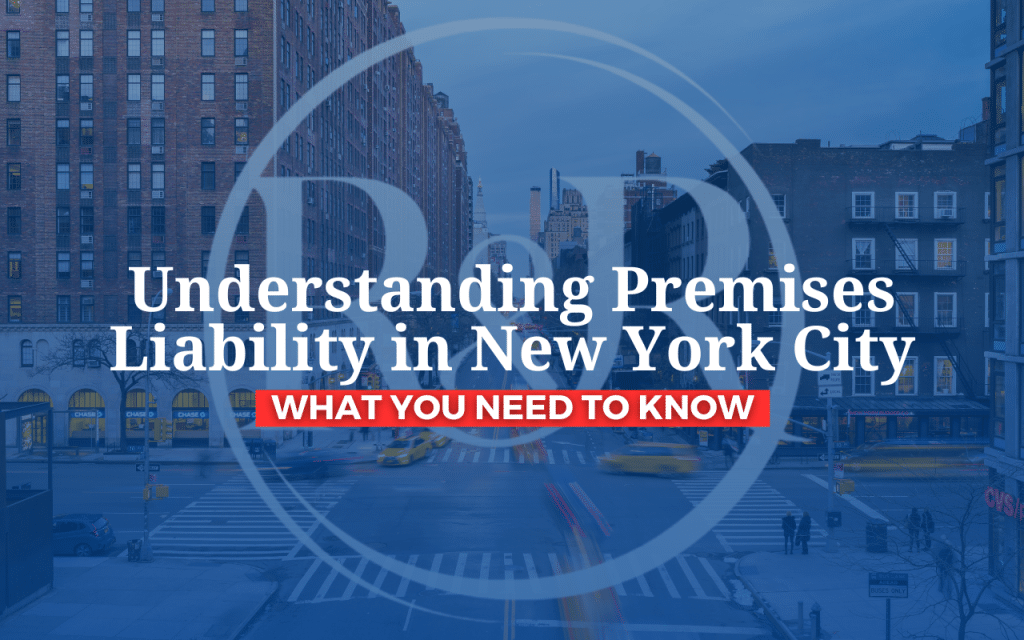When a person suffers injury or damages due to another’s negligence, the law entitles them to pursue compensation. However, the injured person has a duty to minimize, or mitigate, the damages they suffered due to an accident. An injured person can’t incur unnecessary costs and expect to recoup those expenditures. Indeed, an accident victim has to take steps to limit their financial losses after an injury.
Understanding the Duty to Mitigate Damages in Personal Injury Cases
New York law mandates that individuals who are injured in an accident must take steps to mitigate their damages. Specifically, it states, “a party who claims to have suffered damage by the tort of another is obligated to use reasonable and proper efforts to minimize their losses… If an injured party allows their damages to be unnecessarily increased, the resulting loss justly falls upon them.”
What Does Mitigating Damages Mean?
Mitigation refers to the obligation of a victim to take reasonable measures to reduce their losses stemming from an injury accident. Importantly, an injured person is not required to pursue every possible avenue for mitigation, especially if those steps are inconvenient or costly. They need only to act reasonably within the context of their situation.
Ultimately, it is the responsibility of a judge or jury to evaluate whether the actions taken to mitigate damages were reasonable.
How Does Failing to Mitigate Damages Impact My Compensation Recovery?
An at-fault party or their insurance company may argue that you did not take reasonable steps to mitigate damages, aiming to reduce their liability for your losses.
In New York, the principle of pure comparative fault is applied to determine responsibility when multiple parties share blame for an accident. If a plaintiff is found to be partially responsible for their injuries, their compensation will be reduced according to their percentage of fault. For instance, if you incur $100,000 in damages due to a car accident but the jury determines you are 40% at fault, you can only recover $60,000 (60% of your damages).
Insurance companies often leverage this rule to limit their payouts following an accident. By asserting that you failed to mitigate your losses, they may be able to assign a portion of the fault to you, consequently decreasing the compensation amount you can recover.
A common example of failing to mitigate damages is when an individual opts to forgo medical care after an accident. In such instances, the defendant may argue that the plaintiff incurred unreasonable damages by not seeking prompt medical attention, contending that the severity of the plaintiff’s injuries would have been lessened with timely treatment.
How Can a Defendant Assert Mitigation as a Defense?
To assert a failure to mitigate damages, the defendant must include this claim in their response to your personal injury complaint or during subsequent court proceedings. This constitutes an affirmative defense, requiring the defendant to present it before a judge; otherwise, they forfeit the opportunity to use it.
The burden of proof lies with the defendant, who must demonstrate that you did not take reasonable steps to limit your damages following the accident. They will prevail on this defense if they can establish that it is more likely than not that you failed to minimize your losses.
Am I Required to Purchase Medical Supplies and Other Items to Mitigate My Damages?
Possibly. It is important to understand that you are expected to take reasonable actions to reduce your financial losses after an accident. The purchase of medical supplies may be deemed reasonable, depending on the nature of your injury.
For instance, consider a scenario where you injure your knee due to a slip and fall at a restaurant. To facilitate a quicker recovery, wearing a knee brace might be advisable. Since a knee brace is neither particularly expensive nor inconvenient, it is considered a reasonable measure. Therefore, you may be required to mitigate your damages by investing in and using a knee brace.
What If I Decide Not to Mitigate My Damages?
Choosing not to take reasonable steps to mitigate your damages can have consequences for your personal injury claim. If the defendant successfully proves that your inaction contributed to the extent of your injuries or losses, the court may reduce the compensation you receive. This reduction reflects the principle that claimants have a responsibility to help themselves and not to allow injuries to worsen due to neglect or indifference.
For example, if a plaintiff fails to attend physical therapy sessions recommended by their physician, the resulting impact on their recovery can be used by the defendant as evidence that the plaintiff exacerbated their injuries. Therefore, it is crucial to remain proactive in seeking necessary treatments and following medical advice to safeguard your potential compensation.
A Real-Life Example of Failing to Mitigate Damages in New York
In a notable case in New York, a plaintiff was involved in a car accident resulting in back injuries. Following the incident, the plaintiff failed to seek any medical treatment for several months, despite having access to affordable care through their employer’s health plan. During this time, the defendant’s legal team presented evidence that the plaintiff could have significantly reduced their recovery time and overall medical expenses by attending physical therapy sessions.
The court found that the plaintiff’s inaction demonstrated a lack of reasonable effort to mitigate damages. As a result, their compensation was reduced as the judge determined that the financial losses incurred were, in part, self-inflicted due to the delay in treatment. This case underscores the importance of taking timely and appropriate actions to address injuries sustained in accidents, highlighting how it can impact the outcome of personal injury claims.
Contact Rosenberg & Rodriguez for Assistance
If you have been injured or experienced other damages, our skilled personal injury lawyers in New York City are here to help you explore potential legal remedies. We provide guidance on how to minimize your damages and avoid any claims of failing to mitigate your losses. Contact Rosenberg & Rodriguez today to schedule a consultation and discuss your case. Our experienced attorneys will work tirelessly to ensure you receive the compensation you deserve. Remember, it is always in your best interest to take immediate action to mitigate damages after experiencing an injury or other loss. Don’t wait – contact us today for expert legal representation and support. Let us help you get back on track and move forward with confidence.




